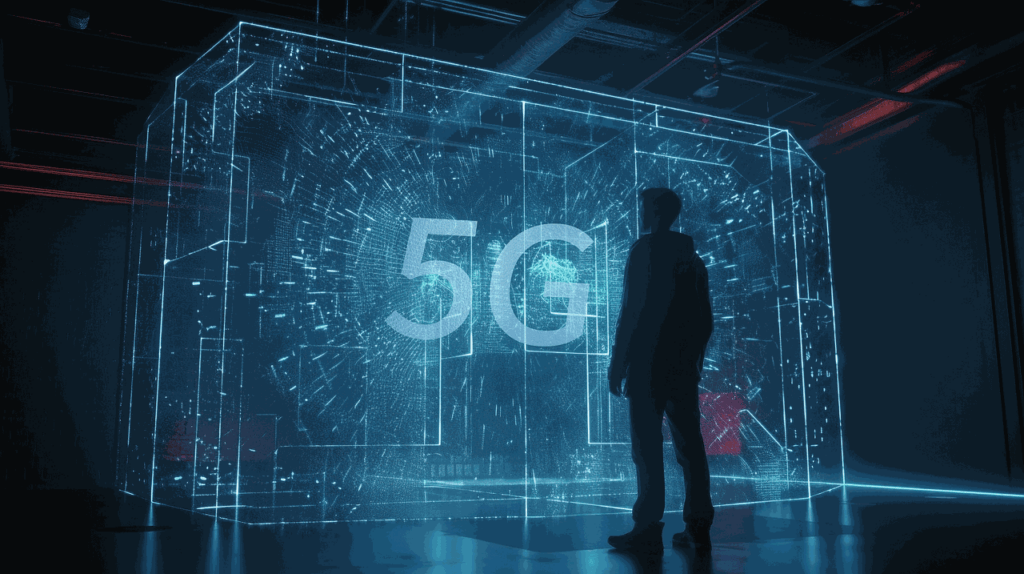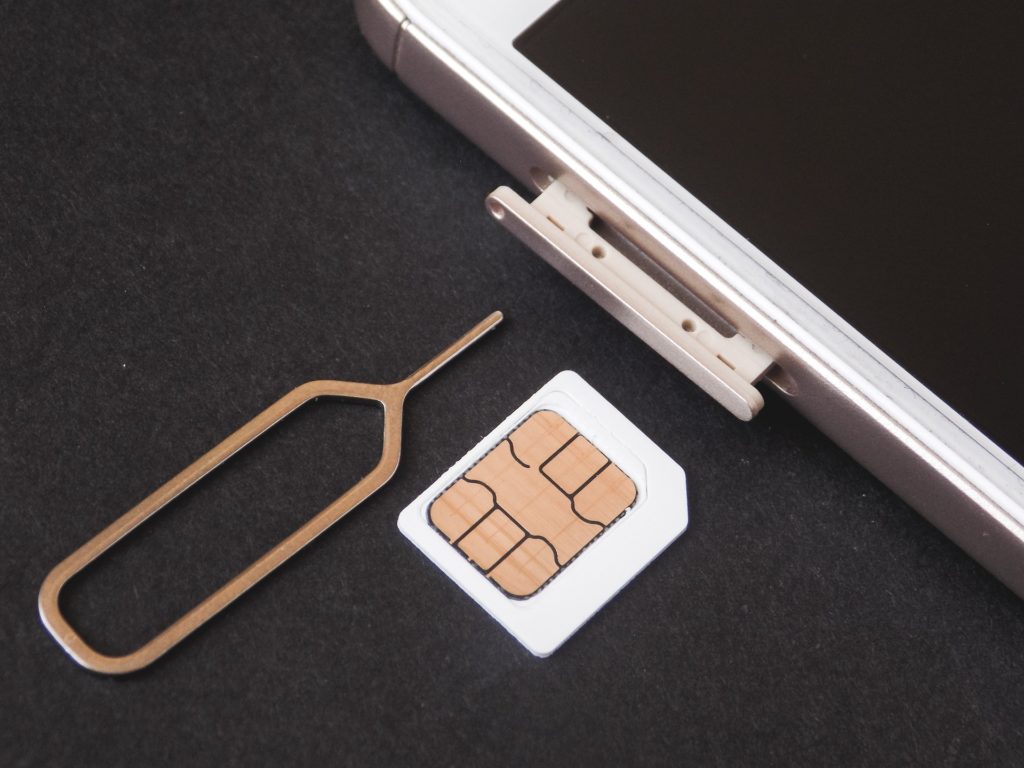The war between Huawei and the US has never made much sense to me. It seemed more like some personal tiff that got out of control than crime and punishment. There was little evidence, a lot of allegations, no trial, and then sanctions. But there has been a substantial adverse impact on the US for this fight in terms of image, technology readiness and strategic market leadership.
Let’s explore that this week.
Perception
The process that typically surrounds crime and punishment is called due process. It consists of gathering evidence, making allegations, a trial, and then, if found guilty, consistent punishment in line with the verdict. The reason for this process is to assure that the delineation between guilt and innocence is transparent and fair if punishment is prescribed. When a country violates this process, which isn’t uncommon, then the motives can become unclear, and it can seem more like an abuse of power than a logical response to a criminal act.
This sequence of events is how Huawei was treated, and it is problematic because the firm is well regarded in China, where US companies want to compete and be treated fairly. But when one country seems to mistreat another country, that other country is more likely to respond in kind—in this case, providing barriers to entry for US technology companies that want to compete for business inside China.
So, US companies are facing headwinds regarding selling in China that have resulted from actions against Huawei. These headwinds should have been modeled before this strategy was executed to assure the benefits exceeded the costs.
Making the US Less Competitive
If implemented well, 5G is a game-changer in terms of being able to provide better services over a wireless network. This potential benefit during a pandemic is critical not only to media consumption but also for those doing Zoom meetings for work or school and US citizens’ ability to work remotely.
Think of it kind of like a supercharger on a race car. 5G is both more secure and faster than the LTE network it replaces when adequately deployed, particularly if the millimeter-wave option is enabled. For efforts like IoT and the proliferation of sensors, so that outages like the one currently going on in Texas can be mitigated before a massive blackout, this capability is critical. They may not prevent the blackout, but they could limit the damage so recovery can happen more quickly. If wiring burns up, transformers explode, and generators catastrophically fail, it will take far more time to get the power back up when the weather event concludes than if that hardware had been shut down and protected until recovery.
If the US had a company that could do what Huawei does with the 5G roll out on cell towers, then the buy America First efforts would have had the same result, and the US would still get 5G up time. We don’t. Huawei doesn’t have a domestic competitor in the US for this cell tower technology, and they are one to two years ahead of their competitors. Huawei’s advantages are price, speed of deployment, weight (their solutions can often be installed by one tech and don’t need a crane), and their wireless backhaul. This last point is critical because many find that 5G in the US is no faster than LTE. The backhaul technology the US carriers are using isn’t adequate for 5G traffic.
So, the US is deploying technology that is more expensive to buy, install, and support, takes longer to deploy, and potentially cripples one of the critical benefits of the technology—its speed. As a result, the US is quickly falling behind in bandwidth from countries that have embraced Huawei technology, which is having a broad adverse impact on competitiveness.
Finally, this US policy forces Huawei to create and build technologies that they might otherwise buy from US companies, thus manufacturing a massive competitor for these companies, particularly in China, limiting those US companies’ growth long term in what is believed will continue to be the fastest-growing economy in the world.
In short, the policy seems incredibly self-destructive, with little chance of any sustained benefit for the US.
Wrapping Up
The US Policy against Huawei seems poorly thought through as it seems to be doing more harm to the US than to China. Practically speaking, governments aren’t set up to compete with companies any more than companies can compete against governments. The way to deal with problems like those alleged by the US is through contract language and laws that create disincentives like fines, which are effective at changing behavior if done correctly.
Hopefully, the new administration reviewing this strange Huawei relationship will let saner minds prevail. A policy that both prevents the behavior the country is concerned about and doesn’t cripple the US’s own 5G rollout can be found.
- The HP OmniBook X Flip 2-in-1 16-Inch: Your New Digital Swiss Army Knife (Now in Glorious Atmospheric Blue) - June 25, 2025
- The Open AI Avalanche: Why AMD’s Collaborative Spirit Is Outmaneuvering NVIDIA’s Empire - June 22, 2025
- Lenovo Embraces OpenBMC: A Step Towards Greater Transparency and Control in the Data Center - June 17, 2025




Comments are closed.